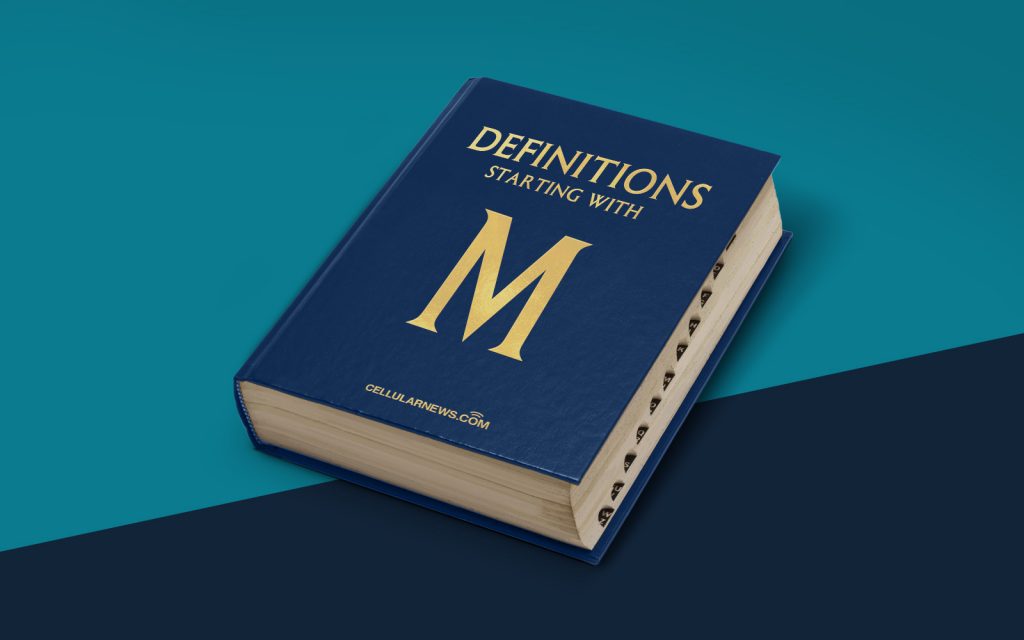
What is Microsoft Foundation Classes (MFC)?
Welcome to the “DEFINITIONS” category of our blog! In today’s post, we will dive into the world of Microsoft Foundation Classes (MFC) and explore what it is all about. If you’ve ever wondered about MFC, its functionality, and how it fits into the world of software development, you’ve come to the right place.
Key Takeaways:
- MFC is a collection of C++ classes provided by Microsoft for building Windows-based desktop applications.
- It simplifies application development by providing pre-built classes for common tasks, such as creating windows, handling messages, and managing user interfaces.
Now, let’s dig deeper to understand what Microsoft Foundation Classes (MFC) really are. In simple terms, MFC is a framework developed by Microsoft that simplifies the process of building Windows-based desktop applications using the C++ programming language. It provides a set of classes that developers can use to create windows, handle user input and events, and implement various features within their applications.
Originally introduced in 1992, MFC has been widely adopted by developers who prefer working with C++ for Windows application development. This framework helps streamline the coding process by providing a foundation that encapsulates many commonly used functions and features, allowing developers to focus on building the application’s core functionality.
Using MFC, developers can create visually appealing and feature-rich applications that seamlessly integrate with the Windows operating system. Whether it’s creating dynamic user interfaces, handling user interactions, managing file operations, or incorporating multimedia elements, MFC offers a comprehensive set of tools and classes to facilitate the development process. It provides the building blocks necessary for creating robust applications, saving developers time and effort in writing code from scratch.
Let’s take a quick look at some key features and benefits of using Microsoft Foundation Classes:
1. Rapid Application Development: MFC simplifies the development process by providing pre-built classes and functions, reducing the need for developers to write code from scratch. This results in faster development cycles and more efficient workflows.
2. Integration with Windows OS: MFC integrates seamlessly with the Windows operating system, allowing developers to leverage its native features and capabilities. This ensures that MFC-based applications look and feel like native Windows applications, providing a consistent user experience.
3. Extensible and Customizable: While MFC provides a solid foundation for application development, it also offers flexibility for customization. Developers can extend the framework’s functionality and adapt it to suit their specific requirements, making MFC suitable for a wide range of applications.
4. Community and Support: With its long history and widespread use, MFC has a vibrant community of developers who actively contribute to forums, provide guidance, and share resources. This community support ensures that developers can easily find assistance and solutions to challenges they may encounter.
5. Legacy Code Support: MFC has been around for several decades, and many mature applications in various industries have been built using this framework. For organizations with existing MFC-based applications, using MFC allows for easy maintenance, updates, and compatibility with newer Windows versions.
In conclusion, Microsoft Foundation Classes (MFC) provide a powerful framework for developers to build Windows-based desktop applications using the C++ programming language. With its extensive collection of classes and tools, MFC simplifies application development while offering customization options and seamless integration with the Windows operating system. Whether you are a seasoned developer or just starting in the world of Windows application development, MFC is worth considering for your next project.
